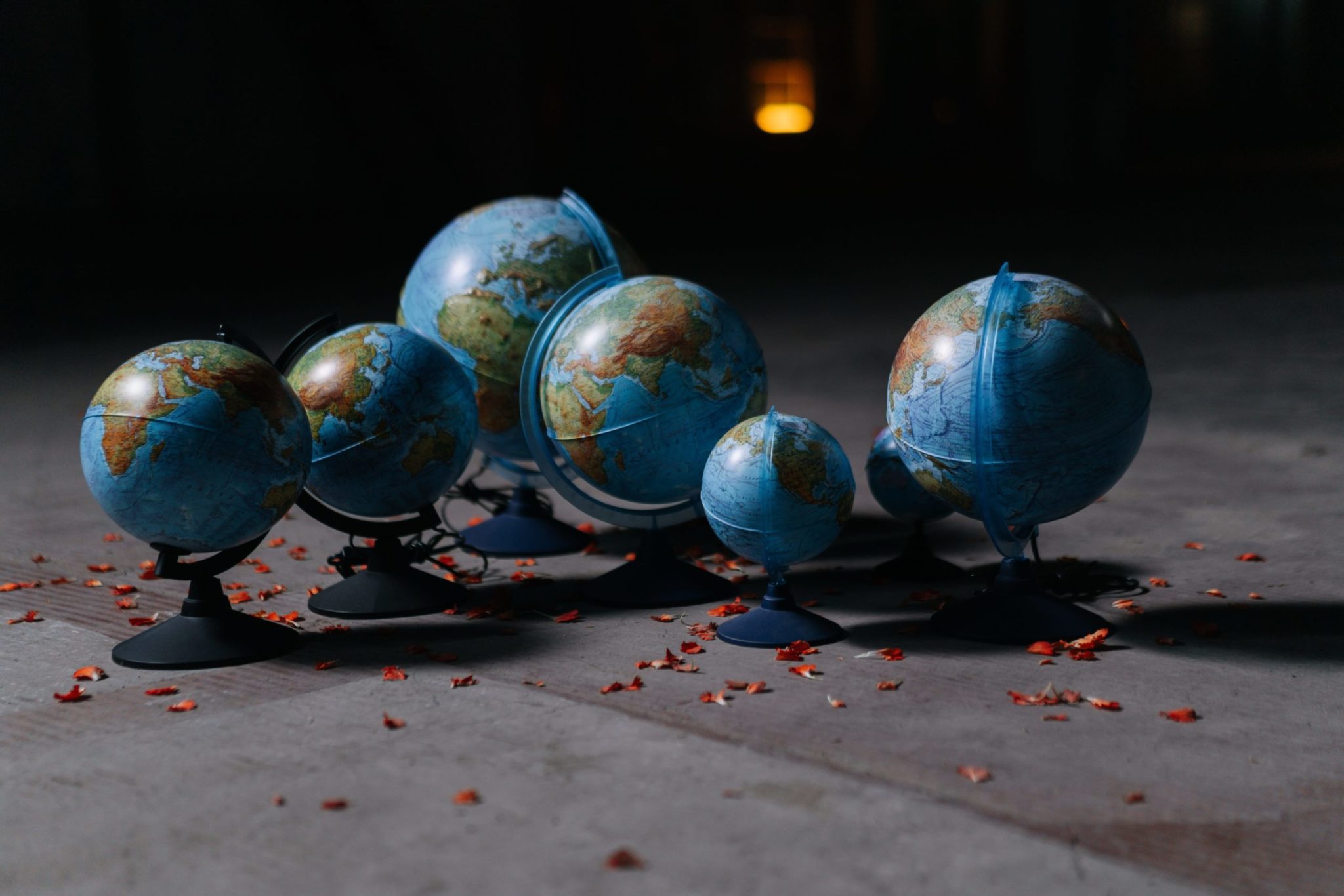Giorgio Sacerdoti (Bocconi University)
Three months after the Trump administration opposed her, former Nigerian finance minister Ngozi Okonjo-Iweala was unanimously appointed by the WTO General Council, on 15 February 2021, to become the first woman and first African director-general of the World Trade Organization. Her appointment was furthered by the recent withdrawal of her last opponent in the race for the nomination, the Korean candidate Ms. Yoo Myung-hee. She had been supported only by the Trump administration while all other WTO members had favored the Nigerian candidate, finally also joined by the US under the new Biden administration.
The brilliant career of NOI, as she will soon be known, first at the World Bank and later twice in the difficult position as Nigeria’s minister of economy and finance, has earned her the reputation of being determined and not fearing tough challenges.
Her task at the WTO will not be easy after nine months of “interregnum” since the abrupt resignation of her predecessor Roberto Azevêdo, in May 2020, after seven years at the helm of the WTO. His cautious diplomatic tenure in office was marred / plagued by contrasts between major powers (especially Trump’s US administration “trade war” against China), by the stalemate of negotiations on new and old issues, such as digital trade or illegal fishing; the postponement of the 2020 Ministerial Conference to 2021 (?), and last but surely not least, the demise of the Appellate Body in 2019 due to the blocking of new appointments by the US. This has brought about the almost complete paralysis of the dispute settlement system, a key element of the WTO administration of the multilateral trading system, inspiring confidence in the enforcement of rules in case of breach by any member.
Not all these knots are in the hands of the director-general, however active and determined to play a role. The crisis of the system, which the pandemic has made more acute, goes back to several causes. Basically, the different views among major actors as to the importance of multilateralism in the face of resurgent nationalism, recourse to unilateral measures to protect the domestic economy, and the favor towards bilateral deals.
The new director general will have in any case a crucial role in reinvigorating the WTO and giving confidence to its staff. She could make the difference in supporting cooperation by member countries to overcome current discord, thank also to the more positive attitude of Biden’s administration towards multilateralism.
NOI has immediately expressed her view that, beyond trade governance, the WTO must be supportive of the organization’s ultimate goals, that of raising living standards across the board and contribute to a sustainable development friendly globalization. With an eye on women conditions, the environment and the problems of poor countries, among them many in Africa, which have benefited often only marginally from trade openings.
As first woman at the helm of the WTO and first African DG, with the help of her reputation and relying hopefully on a more cooperative spirit among key players, Ngozi Okonjo-Iweala is undoubtedly fit for the challenge.
Giorgio Sacerdoti is Emeritus Professor of International Law at the Department of Legal Studies of Bocconi University, Milan.



